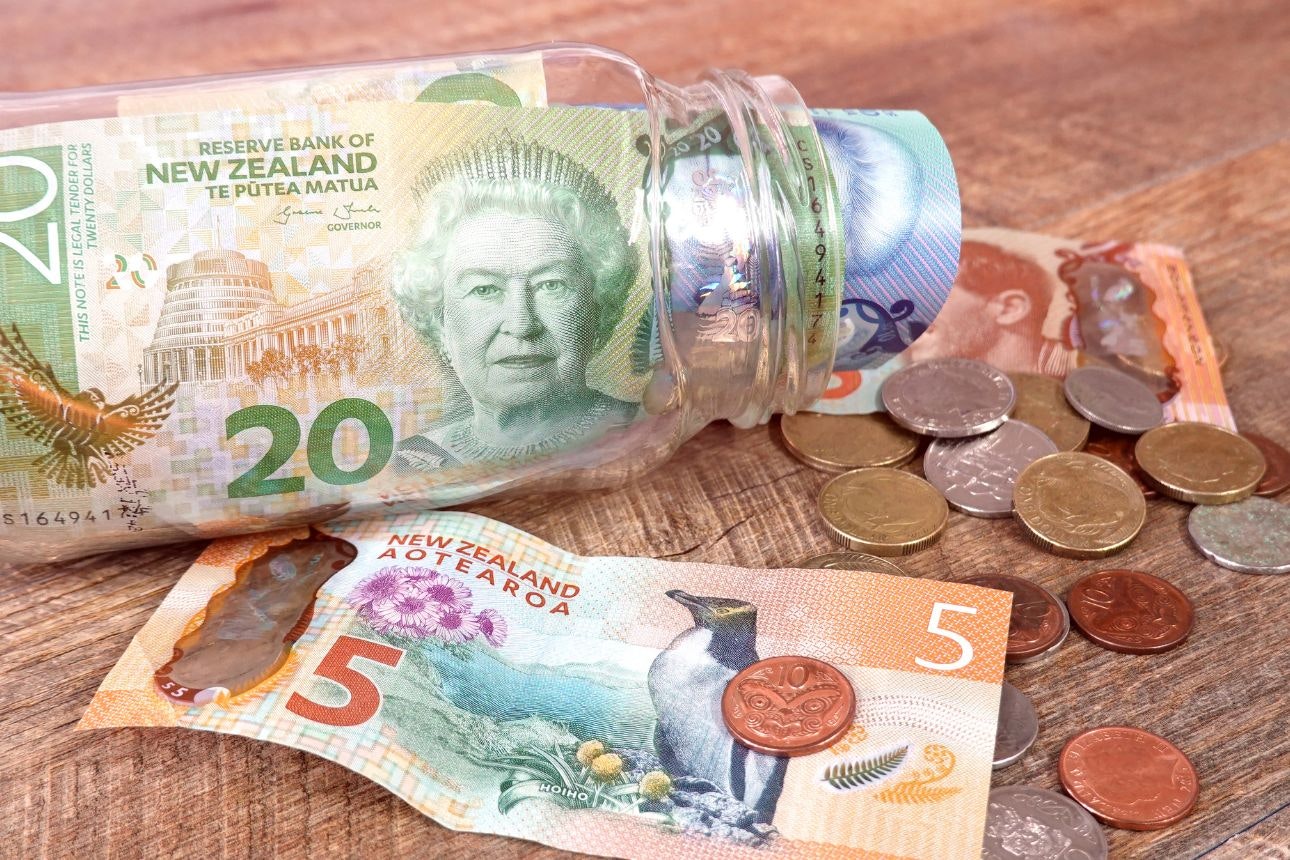
By Kate Harvey
Content Manager | Pou Whakahaere Ihirangi
From 1 July 2025, your money will be safer in case your bank or financial institution gets into trouble.

The Depositor Compensation Scheme (DCS) brings us in line with many other parts of the world that already offer protections for depositors.
Why the Depositor Compensation Scheme is good news
Our consumer advisor Maggie Edwards helps Consumer NZ members when they need advice. She has taken an interest in the development of the DCS.
“Many people don’t realise that, in the unlikely event of a bank or other financial institution going under, their money isn’t guaranteed,” Maggie says.
For example, during the Global Financial Crisis (GFC) of 2007–2009, many Consumer members discovered they’d had no protection.
“During the GFC, the New Zealand government set up a taxpayer-funded deposit guarantee scheme to maintain public confidence in the financial system. But it was only temporary,” Maggie explains.
“When it came into effect, many of our members were shocked to realise there had been no cover before, especially because banks overseas had had to be bailed out. It’s great we now have a permanent government scheme funded by deposit takers and not taxpayers.”
How the Depositor Compensation Scheme will work
The scheme is like an insurance policy for your money – but you don’t have to pay the premiums for it. The banks and other financial institutions do that.
The DCS is a government scheme. It is administered by the Reserve Bank of New Zealand.
If a bank or other financial institution like a credit union or building society fails, you can be compensated for money you had in that institution’s accounts, such as transaction and savings accounts and term deposits.
You can be reimbursed up to $100,000 for each financial institution you have money with.
The Reserve Bank’s website gives the example of a woman who has $110,000 in a term deposit at a bank and $5,000 in a transaction account at a credit union. The woman would be covered for $100,000 from her bank’s term deposit. She would lose the final $10,000 of that term deposit though. But she would also be covered for the $5,000 she has with the credit union.
Your money will automatically be covered from 1 July if it is in a DCS-protected account. You can check if the institution you have money with is on this list of deposit takers.
Not all deposits are covered though. You should contact your financial institution to check what is covered. Banks and other financial institutions have published information about the DCS on their websites – some have lists of the types of accounts that are protected.
You may want to talk to a financial advisor about the best way to protect your money. You can check which financial advisors are registered on the Financial Service Providers Register.

We know your rights
Got a problem with a faulty product, received shoddy service or been misled by a retailer? Our expert advisers can provide clear, practical advice that you can trust.



